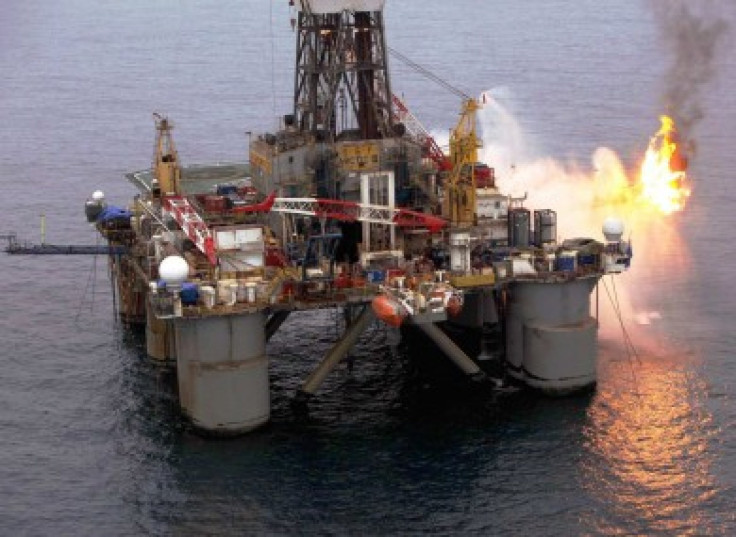Erin Go Crude? Will Ireland Now Have Its Own Oil Industry?

Ireland could soon be generating billions of pounds of revenue from an oil field discovered off the coast of the country earlier this summer, according to a claim by Providence Resources Plc, the Irish-based oil and gas exploration company that found the reserves about 30 miles off the coast of Cork.
Named Barryroe, the field could produce 280 million recoverable barrels of oil (the price of crude is now about $100 per barrel) the company stated.
The Wall Street Journal reported that successful development of the oil field could conceivably make Ireland self-sufficient with respect to crude and could even turn the country into an energy exporter. Ireland has never in its history produced one drop of oil.
More importantly, having suffered a deep economic crisis over the collapse of its housing market, Ireland keenly needs the jobs and tax revenues Barryroe could provide. Unemployment is nearing 15 percent in the Republic.
Tony O'Reilly Jr, the chief executive of Providence, said Barryroe marks the beginning of an oil industry in the Republic.
"The great news today is that Barryroe is on a path towards development," he told BBC.
"What we are announcing is the beginning of that [oil] industry. We hope there is a renaissance of interest by international companies who need to come to Ireland and help us to exploit our natural resources. We cannot do it alone."
O’Reilly also shrugged off concerns from critics that Ireland itself may not stand to benefit from the oil found in its territory.
"We intend to utilize the structure of Ireland,” he insisted. “We have been very clear in that regard. It makes good business sense for us. It is [crazy] that we would take it elsewhere.”
But who will really benefit from oil produced at Barryroe?
Under current laws, the Irish government could tax up to 40 percent of all profits generated at Barryroe, depending on the volume of oil extracted (the governments of the UK and Norway tax at higher rates). In addition, Providence will be able to deduct 100 percent of its exploration costs anywhere in the waters off Ireland going back 25 years.
Pat Rabbitte, the Irish Energy Minister, asserted that tax rates in Ireland must remain low in order to attract foreign companies.
Providence said it plans to invite multi-national oil companies to get involved in the Barryroe project. The firm has already attracted the interest of Exxon-Mobil to explore another site.
Citing a company spokeswoman, the Journal said that Providence now needs to find partners to help finance development costs, to the tune of $15-$20 a barrel, or $4.2 billion-$5.6 billion for the entire Barryroe field.
William Hederman, an analyst at the blog Irishoilandgas.com, is highly skeptical that the Emerald Isle will benefit much from this oil find.
“Ireland does not require that oil or gas extracted from Irish waters be landed in Ireland or supplied to the Irish market, nor that the companies use Irish equipment, services or personnel,” he wrote.
“The company [Providence] is refusing to confirm where the oil from Barryroe will go, even though it already knows exactly what kind of oil it is and thus it knows whether the Whitegate refinery at nearby Cork can process the oil. This caginess must lead one to suspect that it is considering exporting the oil from the rig to a refinery overseas. Regardless of where the oil from Barryroe ends up, the company is not likely to create jobs or economic spin-offs in Ireland.”
Hederman further lamented: “When O’Reilly says Barryroe will be the start of an industry, what he should have said is that it will probably contribute to the oil industry in Scotland, the Netherlands and other places where oil companies source their staff, equipment and support services. Our security of supply will only be improved if Providence decides to bring the oil ashore here. If it ships the oil abroad, our security of supply will be weakened.”
Separately, environmentalists are concerned about the Barryroe site’s potential impact on air and water. Back in the summer, when the discovery was first announced, Green Party leader Eamon Ryan cautioned: "Like any drilling at sea, there are risks to it -- the highest standards need to be applied."
© Copyright IBTimes 2024. All rights reserved.











